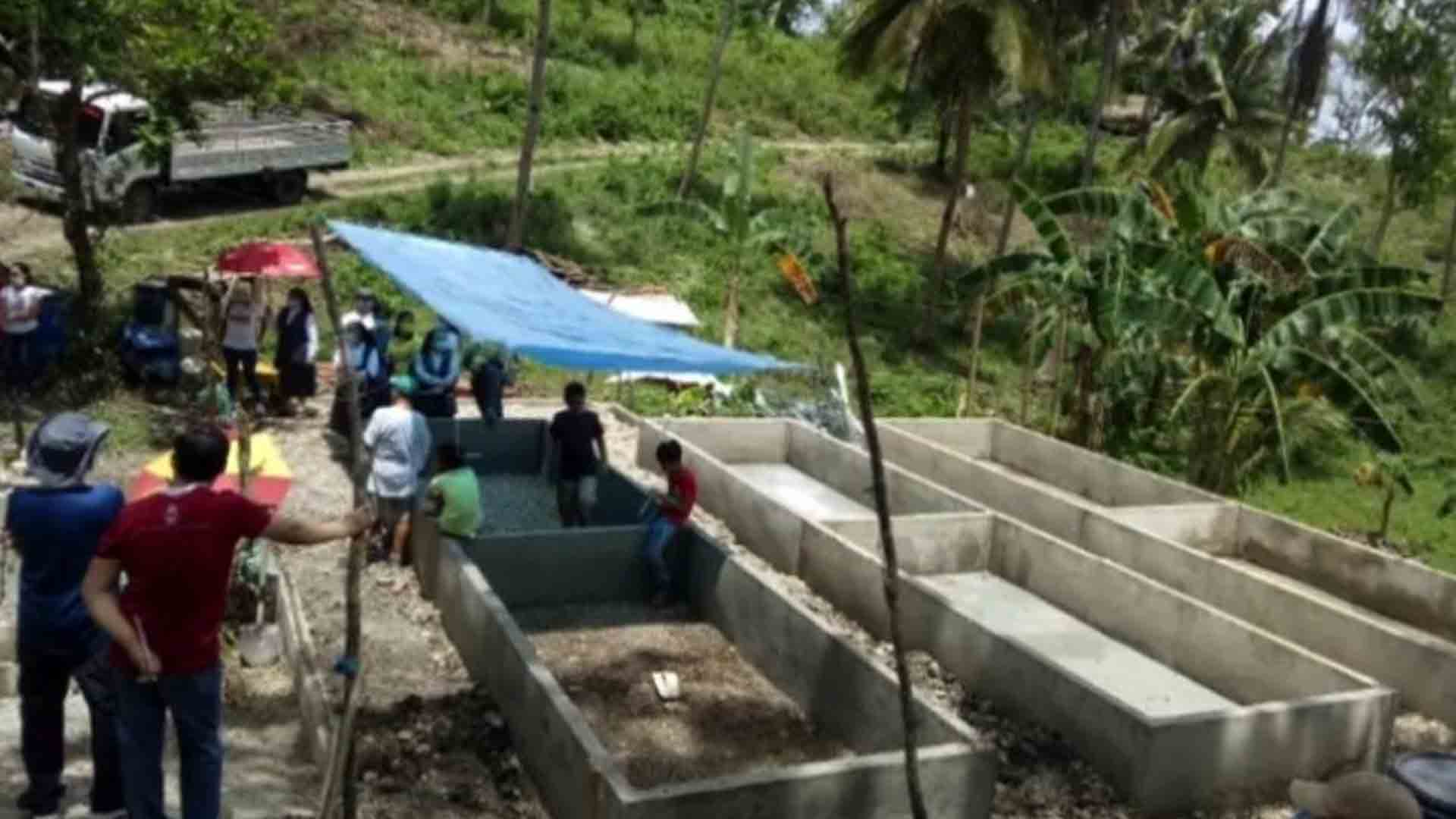The Department of Labor and Employment in Central Visayas (DOLE-7) has given almost half a million-peso livelihood aid to a farmers’ group in Dumanjug town, southern Cebu that is engaged in “vermicomposting”.
Vermicomposting is the process of using earthworms to convert organic waste into fertilizer.
Some 36 members of the Kapunungan sa Mag-uumang Mamumumo sa Monte Maravilla are now set to begin operating their vermicomposting facility located in in the far-flung barangay of Kang-actol.
The project is expected not only to promote sustainable agricultural productivity through vermiculture in the locality but also advance utilization of available resources that will help add value to the beneficiaries’ agricultural produce.
“We walked several kilometers from the highway just to reach the project site and there, one could see that the group is ready to plunge into this kind of endeavor,” DOLE-7 regional director Salome Siaton said in a press statement on Wednesday.
Vermicomposting may not be very popular yet in the area but Siaton is optimistic the group will be able to enhance their farming knowledge and methods, while augmenting their income through this kind of farming strategy.
The Santo Niño de Cebu Augustinian Social Development Foundation Inc. (SNAF) is the DOLE-7’s accredited co-partner for the said project.
It provided the members capacity building orientations on beneficiary identification, marketing, and leadership and management, among others.
With only PHP6,000, a farmer can start vermicomposting and after six months, 10 kilos of worms can produce 300 kilos of vermicompost. It reduces production cost, while minimizing environmental pollution and promoting soil and water conservation.
According to DOLE-7, a farmer can opt to sell the worms at PHP500 per kilo. A higher financial and social return of investment can be achieved if vermicomposting is used for organic agriculture.
In an elevated lot, concrete blocks serve as substrate boxes or worm beds for vermicomposting.
Siaton also lauded the group’s display of readiness for their livelihood project, saying that projects just like vermicomposting are worth the assistance of the DOLE since they do not only assure of project sustainability but are also environment-friendly.
The assistance released to the Dumanjug farmers is another initiative born out of the DOLE Integrated Livelihood and Emergency Employment Program (DILEEP), the agency’s contribution to poverty reduction especially among the poor, vulnerable and marginalized workers. (PNA)







